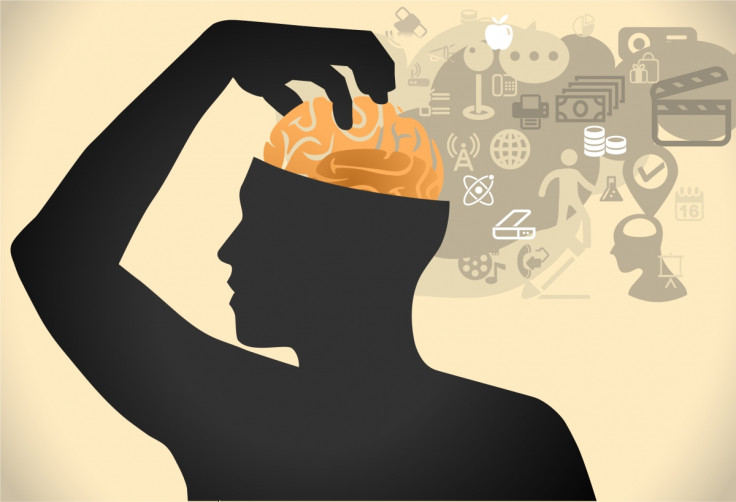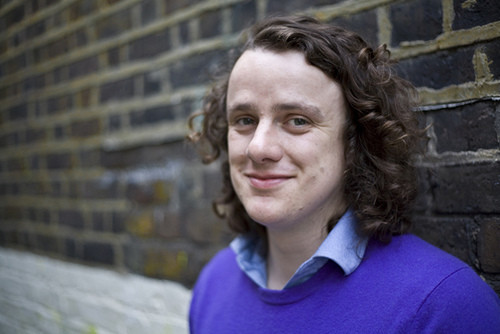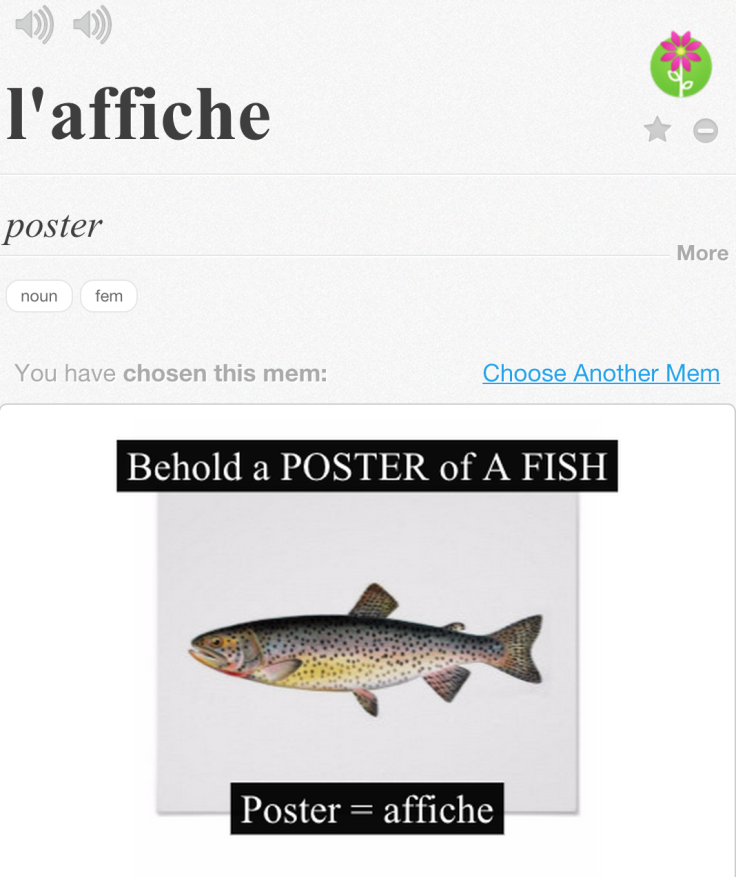What's the best way to learn? Leading cognitive scientists devise five top methods

World leading cognitive scientists are competing to win a prestigious competition to decide what is the best new method for committing information to memory, and they need your help to decide which method should be the winner.
How do you learn and remember information? Schools and universities teach a wide range of methods, from taking notes and using flash cards, to drawing spider diagrams or mind maps. But there's always a better, more efficient way to be found to help people commit facts and figures to memory.
University College London (UCL) and UK-based language learning app Memrise are trying to figure out how to create a learning system to help normal people who aren't geniuses to learn faster, and to that end they have developed the MemPrize competition.
In the past few months, 20 top universities, research groups and independent scientists from around the world have sent in methodologies for different methods. The prize at stake is $10,000 (£6,550) and five entries from Oxford University, Erasmus University, Washington University, Radboud University and an independent team of software engineers have been chosen as finalists.
Take part in the MemPrize experiment
So now there are five key methods, but UCL needs to know which method helps people to learn the best so, to that end, the general public and 'netizens' around the world are invited to sign up online to participate in the experiment that runs from now until 30 November.

People who take part will be randomly assigned one of the five methods and asked to use this method to learn 80 foreign word pairs in an hour. One week after they complete the online learning assignment, they will then be sent emails inviting them to take part in a test, which they can only take once.
UCL's brain scientists will use a baseline control of flash cards to make sure that no team is cheating by getting only geniuses to answer the questions, and the winning method is decided by seeing which team helps a random group of people to remember the most number of words on average after a week.
"There are thousands of studies but they only hint at learning speed. There's really no scientific consensus on the fastest way to learn, and it would be great if that knowledge were public, especially since people spend a quarter of their lives learning things," Memrise co-founder and CEO Ed Cooke told IBTimes UK.
"We want tens of thousands of people to do one experiment each, and from that we want to find out the best methodology. It's bizarre, we know how to get to the moon and we have physics experiments costing tens of billions of dollars like at CERN, but we don't know the most fundamental thing – the best way to learn."
What's the best way to learn?

Memrise, as described by Cooke, is "like a free version of Rosetta Stone". There are six million users and a majority of them use the service for free to learn new languages quickly, using memorisation techniques that were used by ancient Greeks, the ancient Romans and medieval monks, while advanced users can pay to obtain analytics and special interactive lesson sessions to help them speed up their learning.
One of the ancient techniques involves using your imagination to associate new words with pictures so that you recall them more easily, and Cooke has taken this and developed the Mems concept. Users can upload animated gifs to help them remember new vocabulary, and there are five million Mems that have been created and shared by the community.
Cooke, who is a Memory Grandmaster and previously studied cognitive science in Oxford, says that he has always been greatly interested in different methods of learning and has sought to incorporate as many techniques as possible into Memrise.
And once the competition ends, the five finalist learning methods in the MemPrize competition will be freely available online so that users can train themselves or use them to develop even better learning methods. UCL and Memrise hope to make MemPrize into an annual competition whereby every year, new and better scientific methods can be developed to improve how we learn.
For now though, here are some key memory tips that Cooker recommends to help you improve your memory:
Top memory tips:
- Master the art of attention The ideas is to practise turning on and off your attention, so you can bring it under control. Listen to the radio with a one-minute timer in front of you. Spend the first minute paying rapt attention to whatever you're hearing. After a minute, switch to deliberately allowing your mind to wander and endorse every disorganised flicker or rumination that pops up. Switch back and forth between full attention and mental vagueness a few times. This exercise, over time, leaves you better able to pay attention when needed. You'll find it much easier to focus and remember things that happen in everyday life.
- Play the name game Try treating names as little sentences. If you meet a man called Terence Mackie, imagine him walking a terrier eating a Big Mac, for example. Or try associating people with celebrities who share the same name. Once you've learned a name, the best way to strengthen that memory is to ensure you actively recall it by reviewing and remembering it – even 10 minutes after meeting someone. Finally, try to learn more about a person. Ask questions. This will help you find enough prompts to make their name and face stick in your mind.
- Tell a story Narrative: we're creatures of narrative, and our memories are especially pleased by anything that takes the form of a story. Turn shopping lists, intentions, even single facts into narratives big and small and you'll remember them much better. As a rule of thumb, we remember anything we pay attention to. How to pay attention? The answer's always to find what is interesting in what you want to remember. If it's a story, experience its meaning and enjoy it. If it's a conversation, try to immerse yourself in its meaning. If it's a fact, try to work out what would be interesting about it.
- But don't nod off just yet! Before you go to sleep at night, try recalling your entire day. Begin with the moment you woke up and attempt to remember what you had for breakfast, the people you met, the things you did and saw, the plots of the TV shows you watched, and so on. You won't get it all. And you don't need to worry about that. But this exercise makes you better at remembering things generally. It hones the skills of introspection, and helps consolidate and integrate the experiences you've specifically had on that day.
To take part in the MemPrize experiment that runs until 30 November, visit www.memprize.com.
© Copyright IBTimes 2024. All rights reserved.







